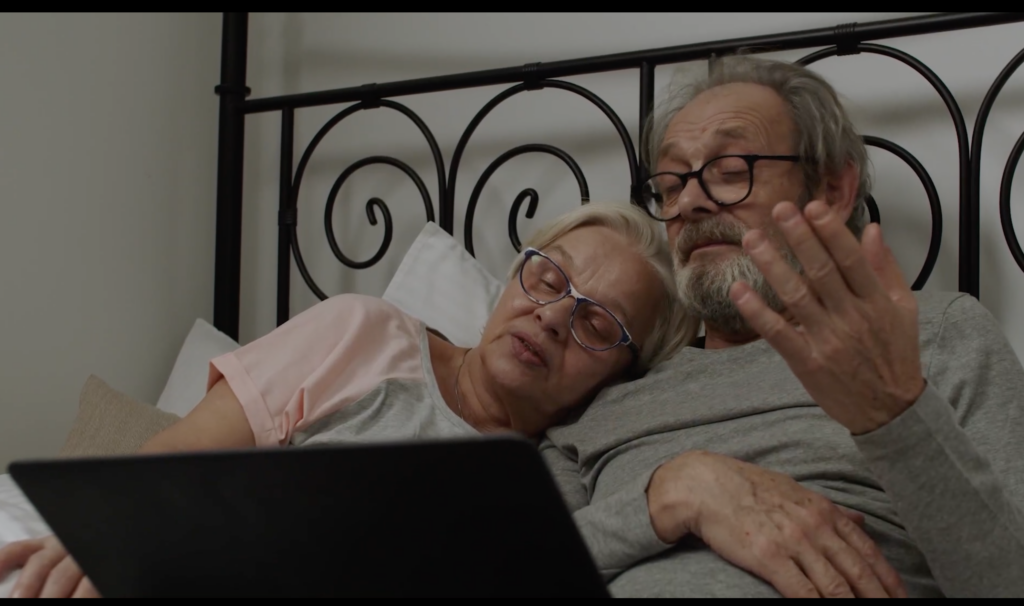A Diagnosis of Dementia, What Now?
Much can be done to help you and the person who has dementia to live a meaningful life and remain well
If your loved has just received a diagnosis of dementia, you are probably both feeling scared and uncertain about what lies ahead. If you have children living at home there will be an added concern about how you and your partner’s roles as parents will change. Be kind to yourselves you will need a little time to get used to this.
It is usually helpful to talk to family and friends (who you trust) openly and ask for their support. Once you have had some time to get used to the diagnosis it is important to take some control and start to make plans together. There is currently no cure for any of the types of dementia, but much can be done to help you and your partner live a meaningful life and remain well.
Firstly, speak with your doctor about addressing any support and possible treatment and care needs. Some medications are licensed for certain types of dementia that may help to temporarily slow down the disease and thereby manage the symptoms. Whether your partner will be offered these may depend on their medical history. Where diagnosed with vascular dementia, speak to your doctor about minimising risk factors for further strokes such as reducing high blood pressure and adopting a healthy diet and exercise.
It is quite likely that you will both be feeling anxious, I would certainly recommend trying to get outdoors together and go on some walks to help your moods and to help you both get into the habit of making healthy decisions. It may also be worth finding out about psychological therapies such as cognitive behavioural therapy (CBT) to help with low mood and anxiety that may occur due to the dementia https://www.bacp.co.uk/about-therapy/what-therapy-can-help-with/dementia/
Your doctor may be able to recommend a psychotherapist or a counsellor to help you both Finding the Light in Dementia will also prove invaluable, as it explains how the dementia may be affecting the person and offers advice on how to overcome some of the challenges, for instance help with communicating, personal care, sleep and so much more. Since I started working as a Care Assistant in the 1980s I have seen so much change in what we know about dementia through research and listening to people living with the conditions. We have learnt that keeping active and mentally stimulated can help slow down the deterioration in many people. Some people I know have found joy in new creative pursuits since their diagnosis.
It is important to work together to plan
It is important to work together to plan for the future in order to avoid difficult situations arising and sometimes even averting a crisis in terms of care, welfare and finances. You will both need to explore your options with regard to putting affairs in order since your partner’s ability to make decisions will be affected over time.
Make sure that when discussing such legal and financial matters, that your partner feels safe and is not confronted and that their feelings are listened to. I would recommend sitting together more than once and discuss your partner’s choices and decisions in relation to finances and future care with them. This may not always be easy but if you can make plans together it will help you both in the future.
I would advise seeking legal advice to help with will writing, power of attorney, living wills and advance care planning to make sure that your partner’s wishes are respected. If you don’t have a legal advisor, contact your local dementia charity, they should be able to support you in your decisions and signpost you to the help you need.
If your partner is still working, you will need to consider discussing the diagnosis with their Human Resources/Personnel and Occupational Health department. Employers should be able to offer some flexible working support and discuss pension plans with you, depending on their job and how their dementia is affecting them,
Focus on what your loved one can still do
If you have a young family you are undoubtedly going to be concerned about how the diagnosis will impact on them. Whilst the news is distressing, children and teens may actually be relieved to know that their loved one’s behaviour is caused by a disease and that they are not the cause. It is better to be open and honest with them so they can continue to feel trust towards you and they may very likely learn how to manage their emotions more effectively when you all pull together.
It is important to remind them of all that your partner is still able to do, so that you do not all focus too much on their difficulties. Give them plenty of hugs and reassurance and give them the opportunity to ask questions at all times and to express their feelings. Getting them involved in activities will help them stay connected to your partner and help them feel a sense of usefulness.
There are more suggestions and tips to help you learn to re-connect and communicate with your loved one in my book, Finding the Light in Dementia, a Guide for Families, Friends and Caregivers



